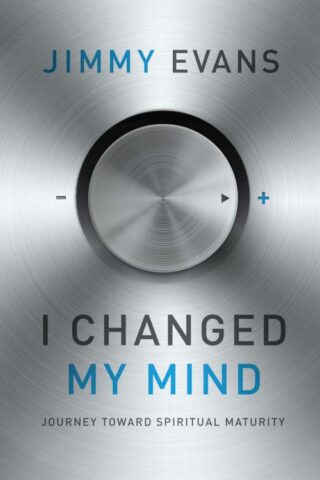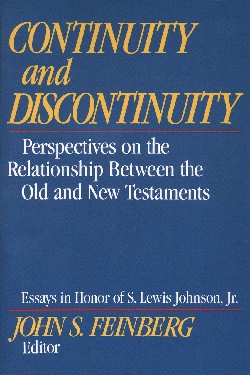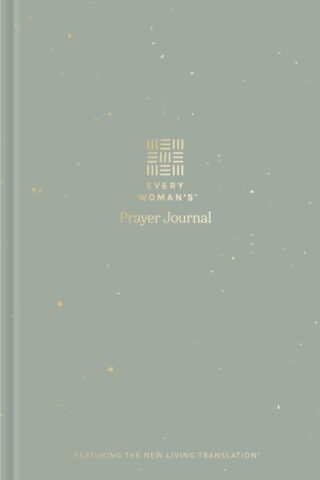John Feinberg
Showing all 3 resultsSorted by latest
-
4 Views On Heaven
$20.99Discover Different Christian Views on What Heaven Will Be Like
Christians from a variety of denominations and traditions are in middle of an important conversation about the final destiny of the saved. Scholars such as N. T. Wright and J. Richard Middleton have pushed back against the traditional view of heaven, and now some Christians are pushing back against them for fear that talk about the earthiness of our final hope distracts our attention from Jesus.
In the familiar Counterpoints format, Four Views on Heaven brings together a well-rounded discussion and highlights similarities and differences of the current views on heaven. Each author presents their strongest biblical case for their position, followed by responses and a rejoinder that model a respectful and irenic tone toward those with whom they disagree.
Positions and contributors include:
*Heaven: John S. Feinberg. This traditional view says our destiny is to leave earth and live forever in heaven where we will rest, worship, and serve God. We cannot say much about what heaven is like because its pleasures and glory will far surpass anything experienced here. We will be perfect in every way, both morally and in our knowledge. This heavenly vision may seem boring, but only because we are considering heaven from our earthly perspective.
*Earth: J. Richard Middleton. This position counters the popular Platonic notion of heaven by emphasizing that the saved will live forever with Jesus on this restored planet. Worshiping Jesus will be the climax of our experience, but we will also enjoy ordinary human activities in our redeemed state.
*Heavenly Earth: Michael Allen. Increasing number of Protestant theologians disagree with the otherworldly Platonic vision of our final destiny but also suspect that Kuyperians have swung too far in the other direction. His view sounds like a Protestant version of the beatific vision. We will be on earth, but totally locked into Jesus in unceasing praise. This view seeks to highlight both the strengths and weaknesses of the heavenly and earthly views.
*Roman Catholic Beatific Vision: Peter Kreeft. The beatific vision is the ultimate direct self communication of God to the individual. A person possessing the beatific vision reaches, as a member of redeemed humanity in the communion of saints, perfect salvation in its entirety, i.e. heaven. The notion of vision stresses the intellectual component of salvation, though it encompasses the whole of huma
Add to cartin stock within 3-5 days of online purchase
-
Many Faces Of Evil
$40.00A scholarly examination of the many ways evil is manifested.
Questions about God and evil can be perplexing. If God exists, why do children die of leukemia and malnutrition? Why does God allow torture and genocide? Why would a fair God condemn people to eternal suffering? Nonbelievers try to use evil to show that God’s goodness and the world’s wickedness can coexist.Beginning with a discussion of the logical problem of evil, theologian John S. Feinberg analyzes how several theologies do, could, or should handle the problem of evil. He then gives his own response to the problems of evil. Of special note in this revised and expanded edition is a chapter on the doctrine of hell and the benevolence of God in relation to unending torment.
Add to cartin stock within 3-5 days of online purchase
-
Continuity And Discontinuity
$35.00Evangelicals agree that the Bible is God’s inerrant word. But we sometimes differ on how to relate the messages of the Old and New Testaments. Without a basic understanding of this crucial matter, it is difficult to know how to use the Testament to formulate either doctrine or practice. For example: Was Israel the OT Church – are OT promises to God’s national people fulfilled in the church today? Or, is Mosaic Law binding in believers now – are twentieth-century Christians to obey the Ten Commandments, including sabbath observance? In this book, thirteen noted evangelical theologians discuss, fairly but clearly, the continuity/discontinuity debate in regard to six basic categories: theological systems, hermeneutics, salvation, the Law of God, the people of God, and kingdom promises. Covering much more than the differences between Covenant Theology and Dispensationalism, this work of distinguished evangelical scholarship will fuel much profitable study and discussion.
Add to cartin stock within 3-5 days of online purchase












